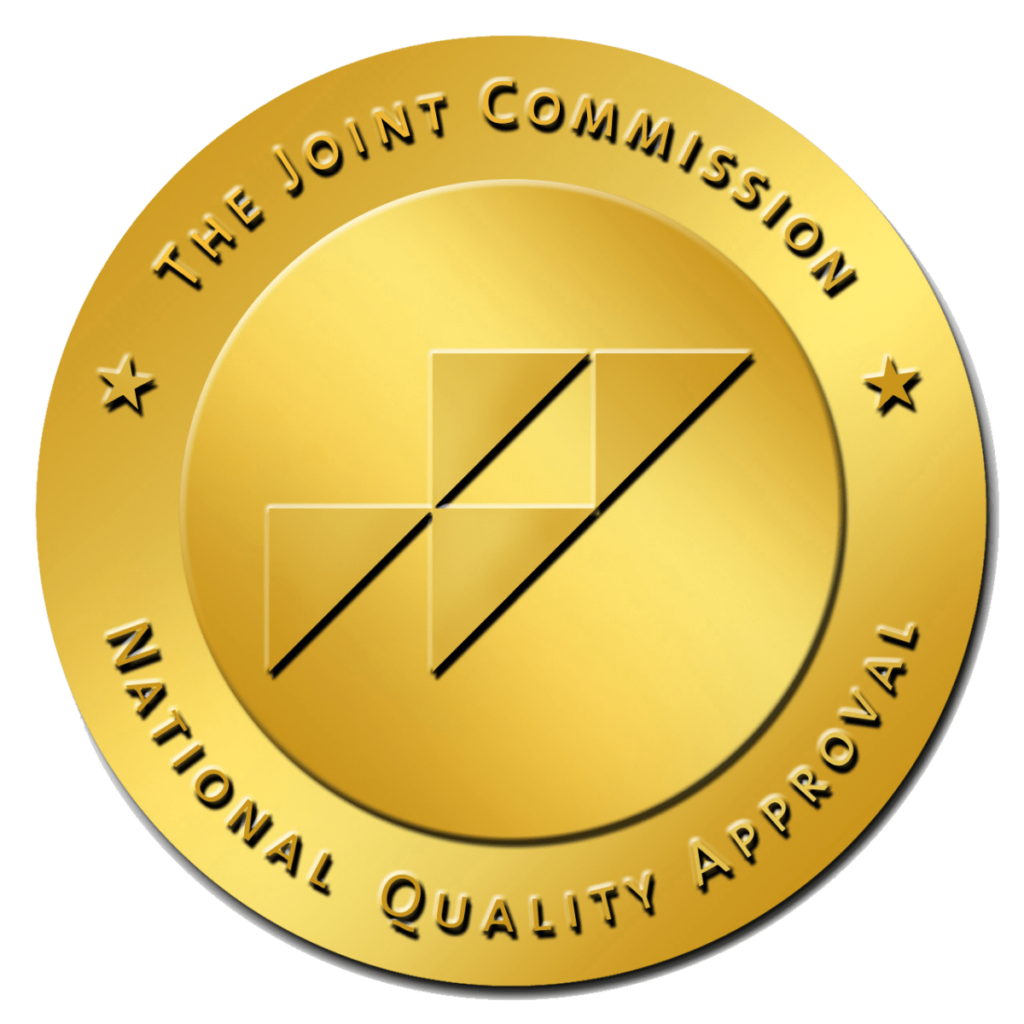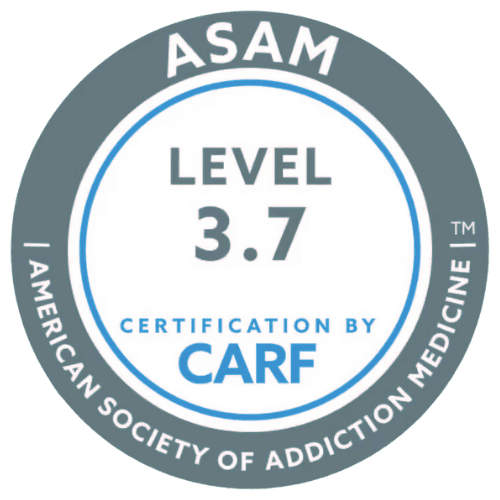We all have days where it seems like things just aren’t going our way. Whether you’re recovering from addiction, dealing with a mental health condition, or just going through the rigors of daily life, stress and anxiety can enter the frame and derail… everything. We recognize that these are very real concerns but we’re also here to give you some simple activities that can help you get things back on the right track. Ready? Take a deep breath (one of our favorite strategies), give your mind a reset, and dig into some of our favorite mental health benefits.
What Are Therapeutic Activities for Mental Health?
This is a great question to start with! Therapeutic activity is a blanket topic that covers anything that adds purpose and promotes personal growth or improves the quality of your life, even if just for a moment. These activities enhance your self-image and boost the functioning level of your livelihood. These activities are designed to maintain or improve the quality of your life and/or delay the deterioration of certain skills.
For our purposes, they help to avoid triggers, control the urge to use, and prevent stress and anxiety from reaching the levels that they negatively impact your day/week/month/life. Examples of therapeutic activities include, but are not limited to:
- Gross motor activities
- Social activities like group meetings or outings
- Sensory enhancement activities like sound therapy or painting
- Outdoor activities
- Spiritual activities
To be more specific, here are seven of our favorite therapeutic activities that you can use to give your mental health a boost:
1. Take a Deep Breath
We told you this one was coming! But we really feel it’s the ultimate start to any stress-relieving activity. Deep breathing creates space, almost instantly alleviates stress, and creates energy.
Stress can not only contribute to mental health struggles like anxiety and depression, but it can also suppress your immune system. While you can’t entirely avoid stress, deep breathing is a healthy way to respond to stress when it creeps in.
The best part? You can practice deep breathing from absolutely anywhere. Simply find a quiet space and inhale fully through your nose and fill up your lungs and exhale through your mouth. Try slow rounds of 10 seconds in and 10 seconds out. Feel your heart rate slow and some of the tension release from your jaw and neck.
Making this a regular practice will stimulate your parasympathetic nervous system and promote a state of serenity. You’ll feel more connected to your body and drive away whatever is worrying you.
2. Exercise
Moving your body is another great way to get your mind off of whatever is bothering you. Once you get wrapped up in your workout, the stress will fall away, you’ll get a good sweat in, and you’ll be thankful that you did. Why? Because exercise has been scientifically proven to boost your mood.
You’ll enjoy better sleep, improve your energy and stamina, increase your mental alertness, improve your confidence, and, of course, reduce your cholesterol and improve your cardiovascular health. You just have to take that first step to get started.
There are so many different activities that fall under the exercise umbrella. Take a walk, go for a run, dance, bike, swim, lift weights, practice jiu-jitsu, play a sport, take workout classes, go for a hike, do some yoga, and so much more! Find the exercise that you enjoy or do a variety of activities to keep things interesting and fun for you. Just find a way to get your blood pumping and sweat that stress away.
3. Meditate to Help Your Mental Health
We get it on this one — meditation and focusing is hard. If you’re able to stick with it and get the hang of consciously turning off your brain, you’ll experience numerous benefits to your mental and physical health.
Meditation is a great way to quickly clear your mind, work through breathing exercises, and regain your focus. There are many free apps or guided meditations available on YouTube to help you get started. It only takes a few minutes to turn your focus inward and clear your anxious mind.
4. Talk to Someone
The simple act of talking to someone can make a huge difference to your well-being. If you have a sponsor, they’re always a good person to call, but you can also talk to family or friends who you know you can count on to listen.
But even just calling a friend you haven’t talked to in a while and catching up can help take your mind off things and build positive energy. Make it a point to engage with others throughout your day. We humans are naturally social creatures and interaction plays a big role in our mental health.
Greet people you pass on the street. Talk to coworkers. Build connections and a supportive community of positive influences. Maintaining healthy relationships with others will help put your well-being as a top priority. You’re not alone.
5. Keep a Journal
While interaction is a key component of mental health, contemplation and quiet reflection are powerful tools as well. Take some time to keep a daily journal where you can dump your honest thoughts and feelings.
The act of journaling will help you process difficult feelings, experiences, and events. You can also jot down successes and practice gratitude by finding something to be thankful for each day.
Consider this example: let’s say you’re having a really bad day and feel like you’re on the brink of relapse, but, instead, you just decided to tie your shoes and go outside. Next thing you know, you’re running. When you get back home, jot down how you felt when things were getting dark, and be conscious of the steps you took to ditch the thoughts for that run instead. The next time you’re having a tough day, you can look back on your journal from that day to reuse the strategies and have them work to your benefit once again. This reflection and repetition are how you build healthy habits and routines.
6. Learn Something New
Overall, humans are rather creative beings. We thrive on problem-solving and keep our minds nimble by learning new skills. So… learn something! Find anything that interests you and dive into it.
Maybe you always wanted to learn guitar or a second language. Perhaps you want to become a green thumb and plant and nurture a thriving garden. Maybe you want to paint or draw or pick up any other hobby. There are incredible mental health benefits to picking up new hobbies and skills, so find something that interests and challenges you, and go for it!
7. Spend Some Time in Nature
Studies have shown that spending at least 120 minutes a week in nature is associated with good health and well-being. That’s only two hours! Easily done.
Time in nature is connected to cognitive and mental health benefits as well as improving your mood. This can be as simple as finding a nearby park to walk around or going all-in for a nature retreat on a camping weekend.
You can even dabble in the Japanese psychological practice known as “forest bathing.” This powerful therapeutic exercise was developed to help people avoid tech burnout and inspire you to connect with and protect green spaces.
There’s no prescription required, and no specific practice involved or needed to achieve for “success.” You simply get out in nature and exist in it. Envelop yourself in the sights, sounds, and smells around you.
Of course, where you live will determine the level of access you have to such nature spaces but find one nearby and spend some time in it. Your mind and body will thank you.
8. *Bonus* – Ask for Help with Mental Health
Above all else, when you need help, don’t be afraid to ask for it.
When you’re having trouble with addiction or mental health, there are people available to help. Whether you take a cue from activity number four above and talk to someone you know and love, or take the steps to seek out professional help, you will undoubtedly feel better after you’ve asked for help.
If you’re feeling down, sad, anxious, overwhelmed, stressed, or depressed, it may be time to seek professional support. Mental health professionals and addiction specialists are available to support you in an outpatient capacity, allowing you to maintain your work schedule and family responsibilities, while you seek help.
Pick up the phone today and contact us so we can get you set up with the help you need.









